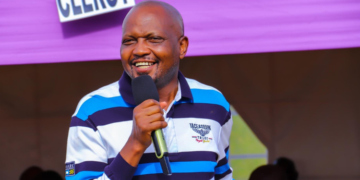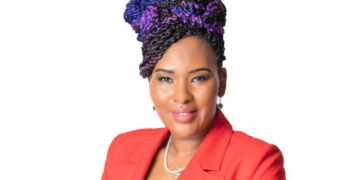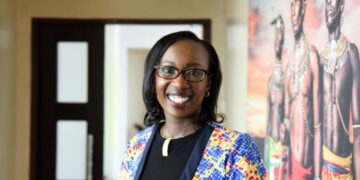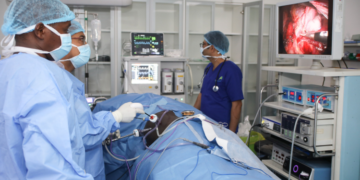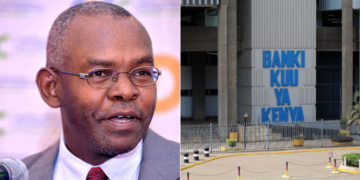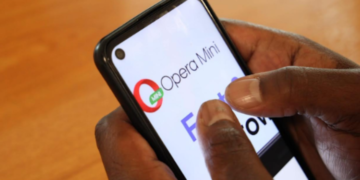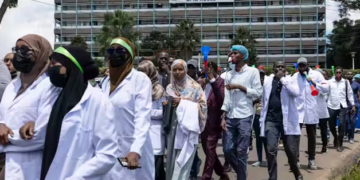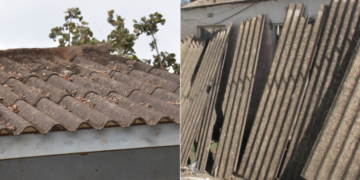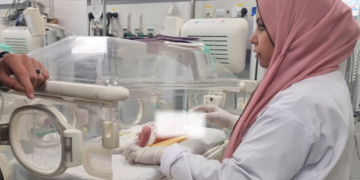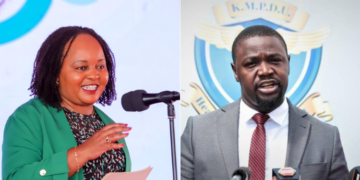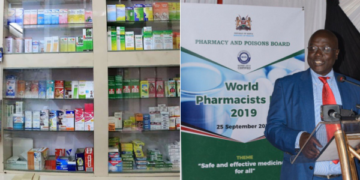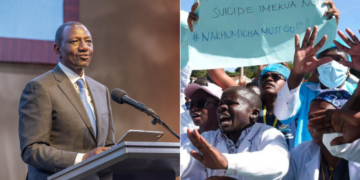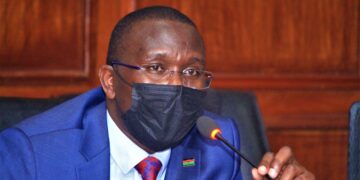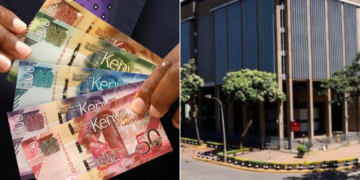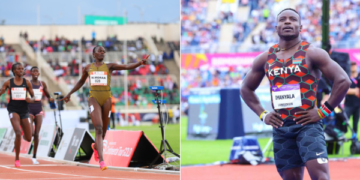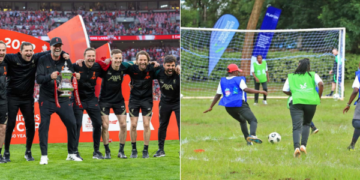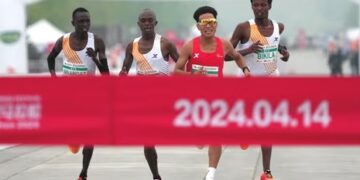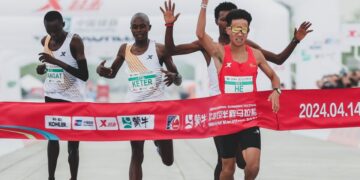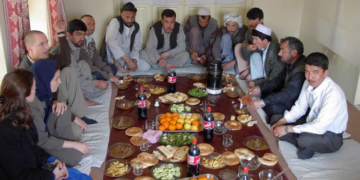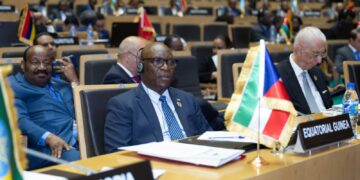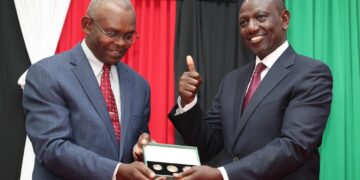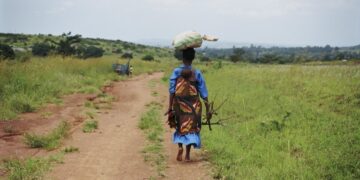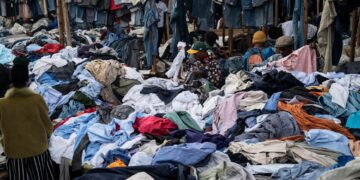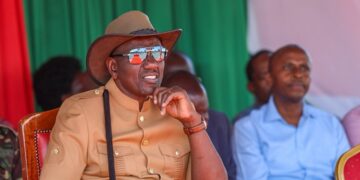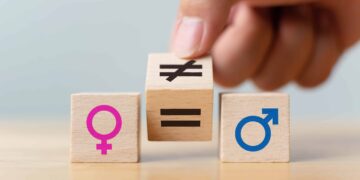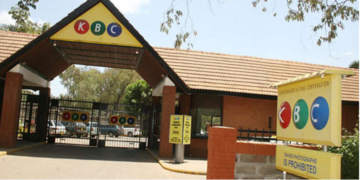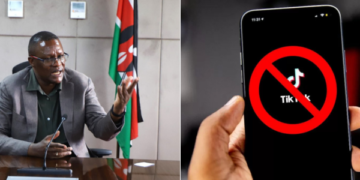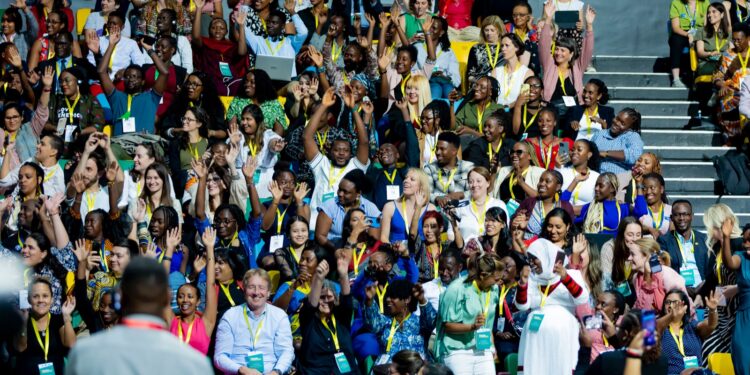A report by the World Health Organization shows that 1 in 3 women globally experience physical or sexual violence, mostly by an intimate partner.
The World Health Organization (WHO) in partnership with United Nations (UN) women, United Nations Population Fund (UNFPA), and the United Nations Development Programme(UNDP), launched the RESPECT women website, a new online one-stop platform.
This happened during the women Deliver Conference in Kigali, Rwanda. The conference brought together over 6,000 delegates to advance gender equality and other sexual and productive health and rights of women and girls.
The aim is to drive concrete actions in politics and programmes to prevent and respond to violence against women and girl.
Moreover, preventing and responding to violence against women and girls remains a global public health, gender equality and human rights priority.
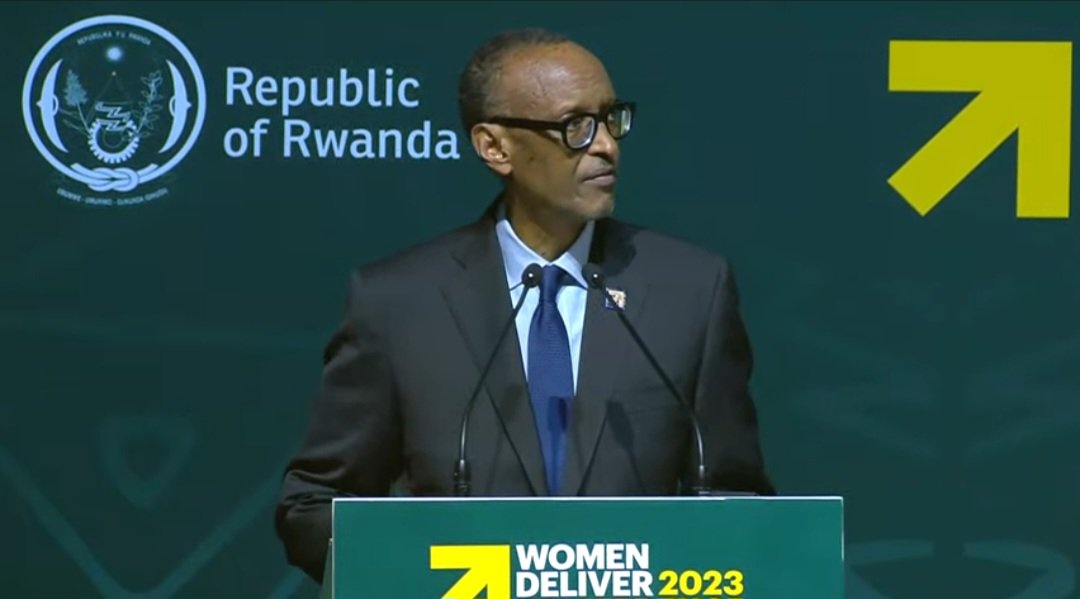
Globally, almost 1 in 3 women experience physical or sexual assault violence in their lifetime, mostly by an intimate partner.
Speaking at the conference Director of Sexual and Reproductive and Research at WHO and head of the UN Special Programme on Human Reproduction (HRP) Dr. Pascale Allotey said that governments should invest in evidence-based resources for violence to advance gender inequality.
“Violence against women and girls remains an immerse crisis for rights and health for millions of women and girls around the world.”
Walk the talk on sexual violence
Governments need to ‘walk the talk’ in investing in evidence-based resources for violence prevention and response, while advancing gender equality. This new platform aims to support this process,” said Dr. Pascale Allotey
Nonetheless, the new RESPECT women website contributes towards delivering Action Coalition’s commitments for violence prevention.
The user-friendly, interactive platform provides practical support for implementing the RESPECT women frameworks seven evidence-based strategies, with briefs on how to implement successful programmes, and training multimedia materials for advocacy.
The RESPECT framework was launched in 2019 and the rollout happened in sixteen countries, with country examples illustrating positive results.
Comparatively, data from WHO report shows only 40% of countries include at least of the three essential RESPECT strategies.
These strategies are empowering women, ensuring relevant services, and transforming gender attitudes, beliefs, and norms, in their national policies for addressing violence against women.
Also Read: Women’s Rights Activists Accuse Sankok of Promoting Rape Culture

Health Sectors Role in Violence Against Women and Girls
The health sector has played a key role in preventing and responding to violence against women and girls.
While working with various partner WHO has fulfilled commitment to address gender-based violence by publishing global, regional, and country prevalence estimates for violence against women and girls, along with an interactive visualization database in 2021.
In countries experiencing conflict, natural disaster, and other emergencies (WHO) is supporting twenty-one countries in humanitarian settings to strengthen health responses to gender-based violence.
Furthermore, WHO is helping countries develop clinical protocols for tackling violence against women and girls, focusing on comprehensive, survivor-centered health care. In 2022, 71 countries reported using WHO guidelines and tools for this purpose.
Also Read: Children’s Movement Affects Health and Development but Research is Lacking in Africa: Here’s why
Digital Inclusion in Promoting Gender Equality
Digital tools support concrete efforts to end violence against women and girls.
Together with the UN Special Programme for HRP and the Implementing Best Practices (IBP) Network, WHO is engaging in-person and digitally at the Women Deliver 2023, supporting efforts to advance sexual and reproductive health and rights, gender equality and peoples universal health.
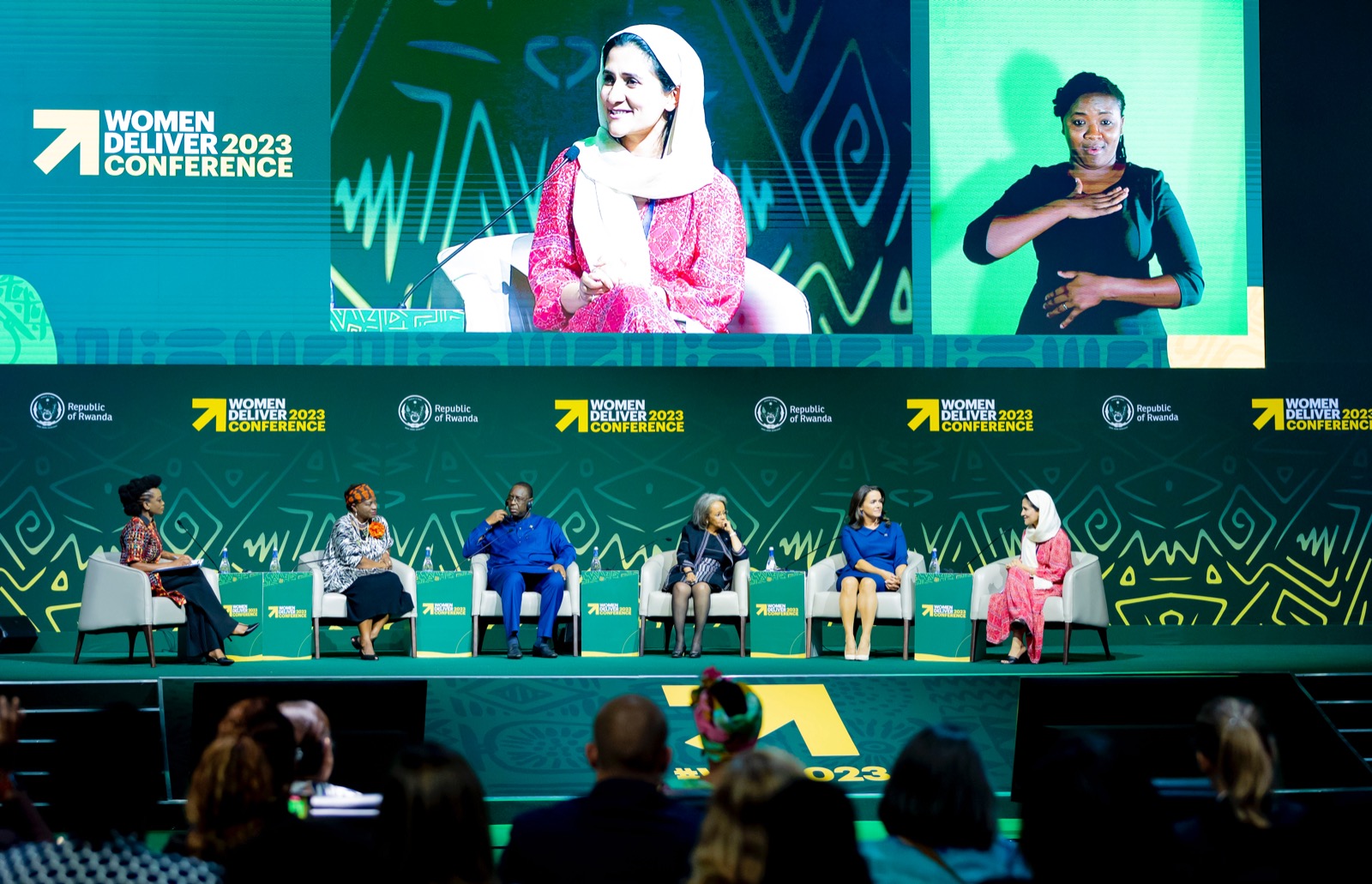
You can now access a new Resource Finder for Sexual and Reproductive Health and Rights.



